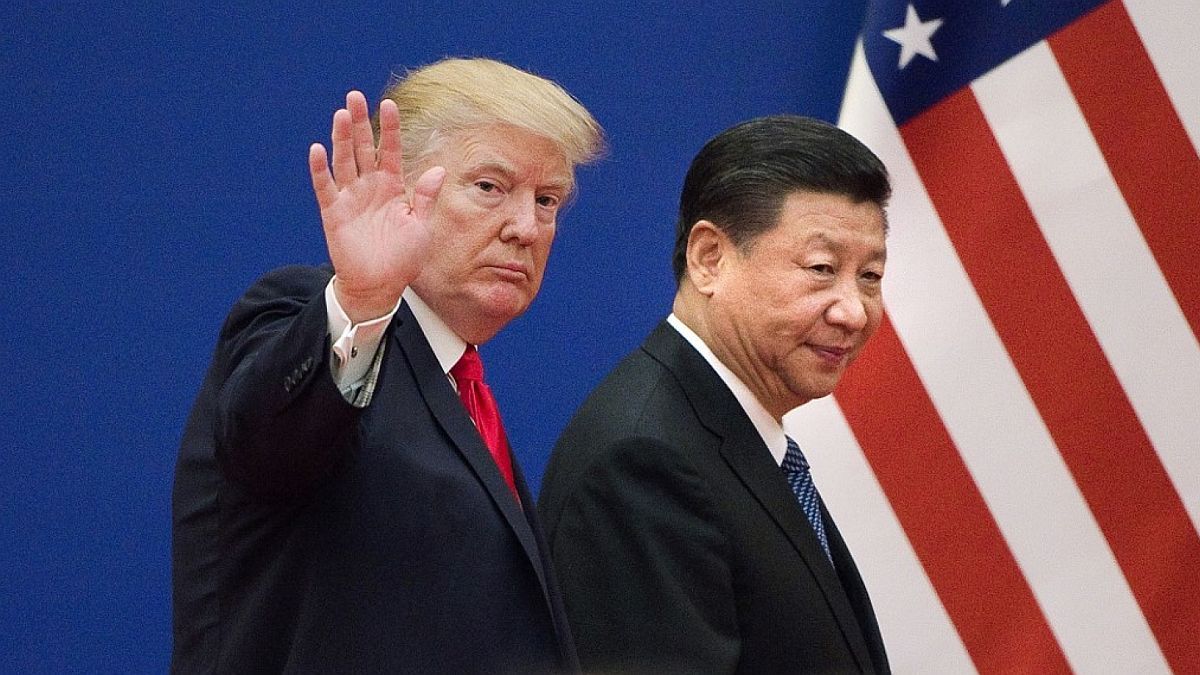The new Belgian parliament will have more right-wing politicians from Flanders than before. The political opposition should also be pleased.
The parliamentary elections in Belgium are once again shaping up to be a victory for the Flemish nationalists. After the votes of around 90 percent of polling stations had been counted, the New Flemish Alliance (N-VA) party, which is striving for more autonomy for the economically stronger part of the country, Flanders, received around 18.2 percent of the vote.
This was revealed by figures from the Interior Ministry. This means that the party gained around 2.2 percentage points compared to the 2019 parliamentary election. Around 6,300 of the 6,945 polling stations had been counted in the evening.
Flemish-national government formation in Belgium ruled out
The second strongest force is likely to be the radical right-wing party Vlaams Belang from Flanders, which has now gained 3.1 percentage points and is now at 15 percent. A Flemish nationalist government was considered out of the question before the election. N-VA leader Bart De Wever had clearly rejected the possibility of forming a government with Vlaams Belang before the election.
The Flemish liberal party Open VLD of Prime Minister Alexander De Croo, on the other hand, lost ground and reached around 5.8 percent (-2.8 percentage points). The Liberals in French-speaking Wallonia gained slightly and ended up at 8.8 percent (+1.3 percentage points). The Social Democrats in Flanders also gained ground, reaching 8.8 percent (+2 percentage points).
The French-speaking Social Democrats suffered a setback – with a loss of 3 percentage points, the PS party fell from 9.4 percent to 6.5 percent. This means that it is overtaken by the left-wing PTB/PVDA party, which received 9.5 percent of the vote. The party is the only one that can be voted for in both parts of the country.
Government formation complicated
The Greens are also falling behind in both parts of the country. While they achieved 4.8 percent in Flanders (-1.3 percentage points), they only managed 2.7 percent in Wallonia (-3.4 percentage points). The Christian Democrats remained stable at 8.7 percent in Flanders, but gained 2.3 percentage points in Wallonia and are now at around 6 percent.
The fact that most parties only run in Wallonia or Flanders makes the formation of a government in Germany’s western neighbour complicated and usually lengthy. Parties from both parts of the country should be represented in the coalition.
After the 2019 parliamentary election, it took around 16 months for the so-called Vivaldi coalition of seven parties to be formed: the Greens, the Liberals and the Social Democrats from both parts of the country, as well as the Christian Democrats from Flanders. In total, a good eight million Belgians were called to vote. Voting is compulsory in Belgium. Non-voters without a judicially accepted reason face punishment.
Source: Stern
I have been working in the news industry for over 6 years, first as a reporter and now as an editor. I have covered politics extensively, and my work has appeared in major newspapers and online news outlets around the world. In addition to my writing, I also contribute regularly to 24 Hours World.




